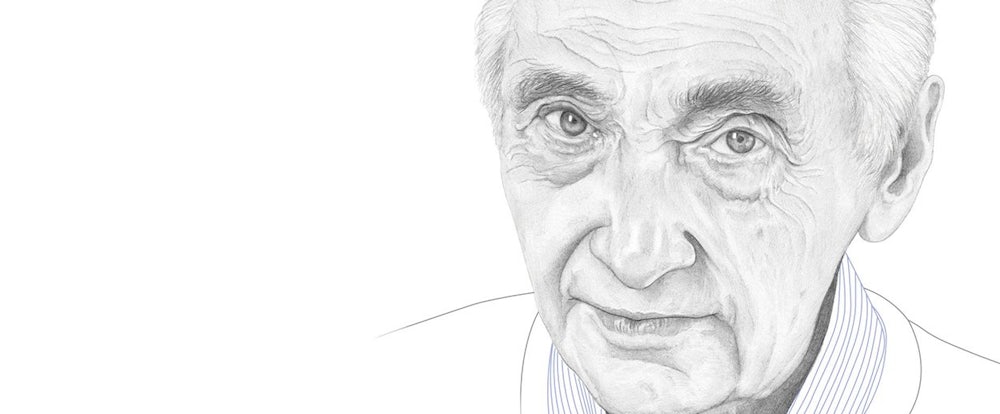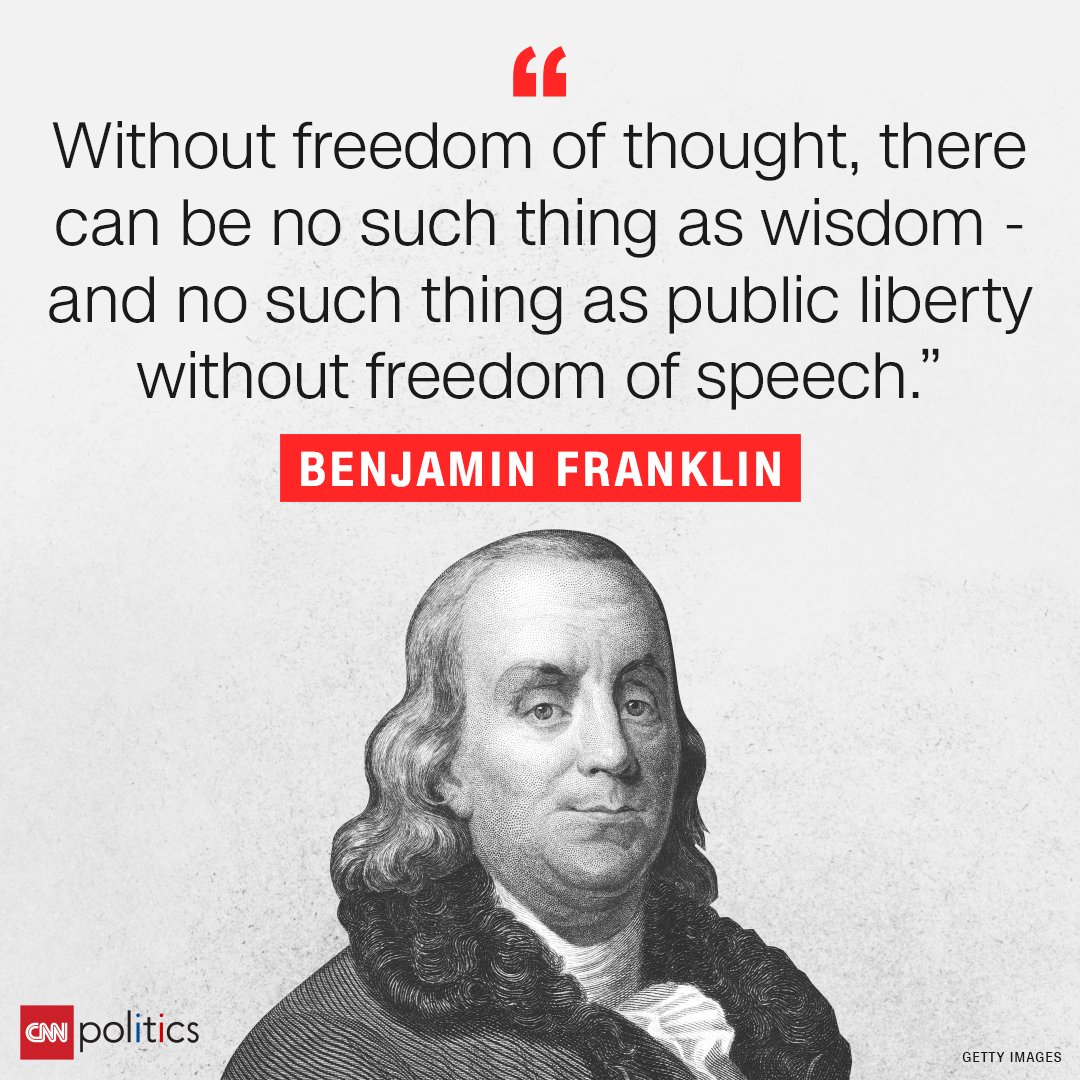I promised
that the last post wouldn't be the last word on the subject. Here is
Randy Barnett's most recent post
responding to Bruce Ledewitz. Over the years, I followed this
"originalism" debate in constitutional law fairly carefully. Perhaps I
could be categorized as a "faint hearted originalist." The kind of
originalism I would endorse is similar to that which has been espoused
by among others, Barnett, Akhil Amar, Jack Balkin and Timothy Sandefur.
One
issue I have is I often see it framed as though if we don't interpret
the Constitution as "originally" intended, the Constitution can mean
"anything." Well, here I stand for the proposition I don't think the
Constitution should mean "anything" five members on the Supreme Court
decide; there should be constraints and unhappy endings.
Where
I do get a bit perplexed is given the broad generalities contained in
the Constitution's text, and other ambiguities in the record, there
often is more than "one" right answer to legal questions presented such
that Justices will often have latitude on fundamental constitutional
questions by virtue of the way the system is structured. Yet only one
view can prevail. And issues of fundamental import turn on which view
prevails.
What to do then?
Interpreting
the Bible is analogous. We often hear certain preachers who argue for
"one correct" understanding of the Bible say "it means X and only X" in
an objecting sense, when in reality it's possible that it could also
mean Y and Z.
Yet it's also true that certain positions
-- A, B & C -- are not tenable. Certain understandings are more
plausible than others; but there are also multiple plausible
understandings of the text that contradict one another, where only one
outcome is entitled to prevail.
So if someone said that
the Bible teaches a Giraffe tempted Adam and Eve in the Garden of Eden,
that's an easy one. It's false. End of discussion. Other questions
aren't so easy (like what fruit was it that Eve was tempted with? Or
what did Jesus mean when He said you should eat His flesh and drink His
blood?).
That's what comes to mind when I read
Randy Barnett's most recent post. Professor Ledewitz's claimed:
To put it simply, by 1954 de jure school segregation did not constitute
equal protection of the laws, whether it did before or not.
To which Professor Barnett responded:
Fact check: Misleading. As Michael McConnell showed in the 1990s (see here and here),
nearly everyone in Congress who supported the 14th Amendment thought it
barred de jure school segregation–though under the Privileges or
Immunities Clause, not the Equal Protection Clause–and it was only
super-majority voting rules in both the House and Senate that prevented
them from prohibiting it. As a constitutional scholar, Professor
Ledewitz must be aware of this. ...
Yes, I've heard
it argued that under the original expected application of the 14th
Amendment's text, the political legality of racial segregation was
preserved (that is, the framers and ratifiers didn't think they were
making racial segregation in railroads, public schools, marriage, etc.,
unconstitutional or something potentially outlawed by the 14th Amendment). Others, like Judge McConnell differ. And currently,
as we know, the Supreme Court rules such unconstitutional under the
Equal Protection Clause of the 14th Amendment.
Yet, as
Barnett alluded to above, it was the Privileges or Immunities Clause
that was meant to deal with this. Indeed, there is a strong case to be
made that neither the Due Process NOR the Equal Protection Clause
guaranteed ANY substantive rights, not against racial discrimination or
ANYTHING. That both were entirely procedural clauses. The Due Process
Clause targeted courts while the Equal Protection Clause targeted the
executive. And held that if you were a "person" -- i.e., a human being
-- you had to be held to the exact same set of procedural rules. And
this was whether one was black, a Mormon, a Hell's Angel (of whatever
the mid-19th Century equivalent thereof) or a thief.
There
was no substantive right in either the Equal Protection OR Due Process
clauses to be free from racial discrimination, to practice one's
religion, to be a member of a rebellious club, or to steal. Rather, by
virtue of your humanity, the same set of rules --
whatever they may be -- had to apply to all people.
This
is something many people unaware of historical nuances of the civil
rights don't "get." If a black person beats up a white person or vice
versa, that's assault and battery. There are laws on the books against
assault and battery that have always dealt with this. Yet, law
enforcement and courts run by majorities or those in power might simply
decide not to apply the same already existing rules to selective
disfavored groups. It doesn't matter if it's blacks, Mormons or members
of the Hells Angels. If you are a person, regardless of character or
trait, the same set of rules have to apply. But if the Hells Angel
committed robbery, he could be so punished.
The right
to be free from racial discrimination, as it were, is a substantive rule
and not something the procedural clauses of the 14th Amendment (i.e.,
Equal Protection) were meant to deal with. However, the 14th Amendment
DID intend to give substantive rights, but it was through the Privileges
or Immunities Clause, not Equal Protection OR Due Process.
So provided we just switched the Privileges or Immunities Clause for the Equal Protection Clause,
Brown, Loving, etc., would be kosher? Not so fast. Even if Judge McConnell's account is correct, look closely to what Barnett reported:
[N]early everyone in Congress who supported the 14th Amendment thought it
barred de jure school segregation–though under the Privileges or
Immunities Clause, not the Equal Protection Clause–and it was only
super-majority voting rules in both the House and Senate that prevented
them from prohibiting it.
Yes, it was the House and
Senate's responsibility to prohibit racial discrimination as a
"privilege or immunity" of the 14th Amendment. There is a strong
originalist case to be made -- arguably the strongest -- that it's the
jurisdiction of Congress to define by statute those substantive
privileges or immunities. That the original meaning of the 14th
Amendment was meant to provide a constitutional basis for the original
post Civil War mid-19th Century Civil Rights Acts.
That
would mean that even though such originalism teaches
Brown was wrongly
decided, Congress would still have the constitutional authority to enact
such a decision and the Congress who passed the Civil Rights Act of
1964 could still have statutorily enacted
Brown, Loving, etc. as a "privilege or immunity." And they would have.
One
day a few years ago, I was in a room full of very distinguished
originalists in a private meeting at an ivy league location, where I was
the least important person in the room. They agreed what I reported
above was the best originalist understanding of the 14th Amendment.
Since it was off the record, I'm not going to name names.
One
person in the room noted that this understanding, though correct, was
awkward. Given the original meaning of the Privileges or Immunities
Clause of the 14th Amendment, we could get a new constitutional
conventional with every new Congress. The response from the group was
that originalists have to do the right thing and deal with unhappy
endings.
There's debate as to whether the 14th
Amendment was even meant to incorporate ANY part of the Bill of Rights
to apply against the states. Justice Scalia has admitted he's not
convinced it was, but accepted incorporation because of Stare Decisis.
Philip Hamburger, one of the brightest conservative law professors,
doesn't think it was. And that means everything in the Bill of Rights -- freedom of speech, establishment, free exercise of religion, rights of
criminal defendants -- is left to the states. That would mean
Trinity Lutheran was
wrong and Professor Ledewitz is right because "religion is left to the
states." If a state wants a Blaine Amendment or to establish the Roman
Catholic Church, or the Unitarian Universalists for that matter, they
could because religion is left to the states.
Or even
if the Privileges or Immunities Clause was meant to include both rights
contained in the Bill of Rights as well as rights against
non-discrimination (i.e., rights to equal treatment) on the basis of
race, religion (and other issues) it's still Congress' responsibility to
pass legislation to protect those and for courts -- including the
Supreme Court -- to attempt to do this is judicial usurpation of
Congress' role.
Don't forget, even if religion is otherwise "left
to the states," all federal law trumps all state law. Federal statutes
trump state constitutions. So if Congress wants to guarantee the free
exercise of religion against state and local governments, that would
trump any state law that would attempt to do otherwise.
This
is a much different constitutional world than the one in which we
currently live. And it's one that most notable originalists don't seem
interested in publicly defending. But it's arguably the most correct one
according to the method of original expected application of the texts.




